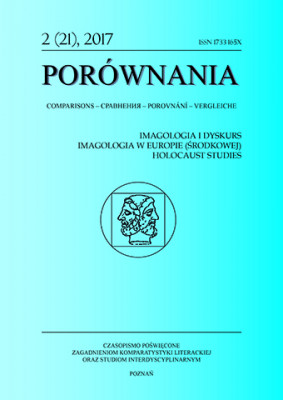Martin Heidegger And The Phenomenological-Hermeneutic Notion Of Discourse.
The article presents an analysis and an interpretation of the phenomenological-hermeneutic discourse based on Martin Heidegger’s idea and understanding of discourse (these are two separate notions). The choice of the topic is not arbitrary. The point is to show that Heidegger’s notion of discourse is also worth applying (and not only the popularised and almost conventionalised notion of Michel Foucault). The philosopher differentiates between four main structural moments of discourse in Prolegomena zur Geschichte des Zeitbegriffs. These are: 1) the about-which talked over; 2) the said as such (discursive what); 3) communication; 4) manifestation. These issues are discussed in the paper in detail. The notion of discourse is not neutral but is always formulated on the basis of some discourse that is a certain way of understanding the world and the problem under analysis. That is why discourse will first be characterised as a way of thinking (the first part of the paper) and only then will Heidegger’s concept of discourse be approached (in the second part). Both issues seem important because: 1) the issue of the phenomenological-hermeneutic discourse seems relatively unknown (laymen’s approach is to radically differentiate between phenomenology and hermeneutics); 2) Heidegger’s concept of discourse deserves a broader audience.
| Article Title | Type | Size |
|---|---|---|
| Porownania 21 2 2017 04 Januszkiewicz | [pdf] | [222 KB] |
